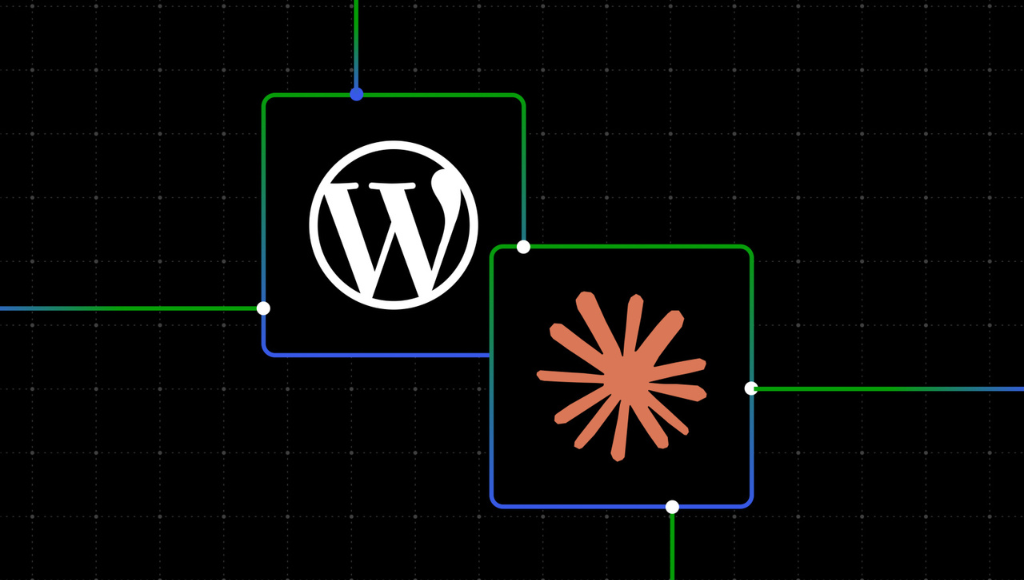Juizhang, a quantum computer developed by a team led by Pan Jianwei, has made headlines by asserting that it can process artificial intelligence (AI) tasks at a staggering speed 180 million times faster than traditional computing methods, the South China Morning Post reported. Jianwei, widely recognized as the “father of quantum” in China, has spearheaded the project.
While the United States currently leads the global rankings of the TOP500 supercomputers, China has been steadily advancing its expertise in quantum computing, the next frontier of computational technology. Unlike classical computers that operate using binary bits (either 0 or 1), quantum computing leverages quantum bits, or qubits, which can exist in multiple states simultaneously.
By harnessing the unique properties of qubits, quantum computers have the potential to process vast amounts of information in parallel, offering exponential computational speedup compared to classical computers.
China’s progress in quantum computing, exemplified by the achievements of Juizhang, highlights the nation’s growing presence in this cutting-edge field. With quantum computing’s promise of revolutionizing various domains, including AI, China’s advancements contribute to the global race for quantum supremacy.
How fast is China’s Jiuzhang?
China’s Jiuzhang first shot to fame in 2020, when the research team led by Jianwei performed Gaussian boson sampling in 200 seconds. The same on a conventional supercomputer would take an estimated 2.5 billion years.
Quantum computing is still in its infancy, and researchers worldwide have only begun testing how these systems work and can be used in the future. Pan Jianwei’s team, however, decided to use the “noisy intermediate scale” quantum computers to solve real-world problems.
They put Jiuzhang to the test by implementing two algorithms commonly used in AI- random search and simulated annealing. These algorithms can be a challenge even for supercomputers, and the researchers decided to use 200,000 samples to solve it.
At current technological levels, even the fastest supercomputer would take an estimated 700 seconds to go through each sample and a total of five years of computing time to process the samples the researchers had in mind. In sharp contrast, Juizhang took less than a second to process them. That’s 180 million times faster than the fastest supercomputer on the planet today.
Advantages of using Juizhang Quantum Computer
The US has also been working on quantum computers and has found that the sub-atomic particles involved in the computing process are prone to error even if exposed to the slightest disturbance from the surroundings. This is why quantum computers are operated in isolated environments and at extremely low temperatures.
Jiuzhang, on the other hand, uses light as a physical medium for calculation and does not need to work at extremely low temperatures either. However, the researchers claim it does not require very low temperatures to operate.
The team purposely used some of the advanced algorithms that are in use today to demonstrate the advantages of using quantum computing. The research has demonstrated that even early-stage “noisy” quantum computers offer a distinct advantage over classical computers.
The research team said that the computations achieved by Jiuzhang could also help researchers apply the technology in areas such as data mining, biological information, network analysis, and chemical modeling research, the research team said.
The research findings were published in the peer-reviewed journal Physical Review Letters last month.






